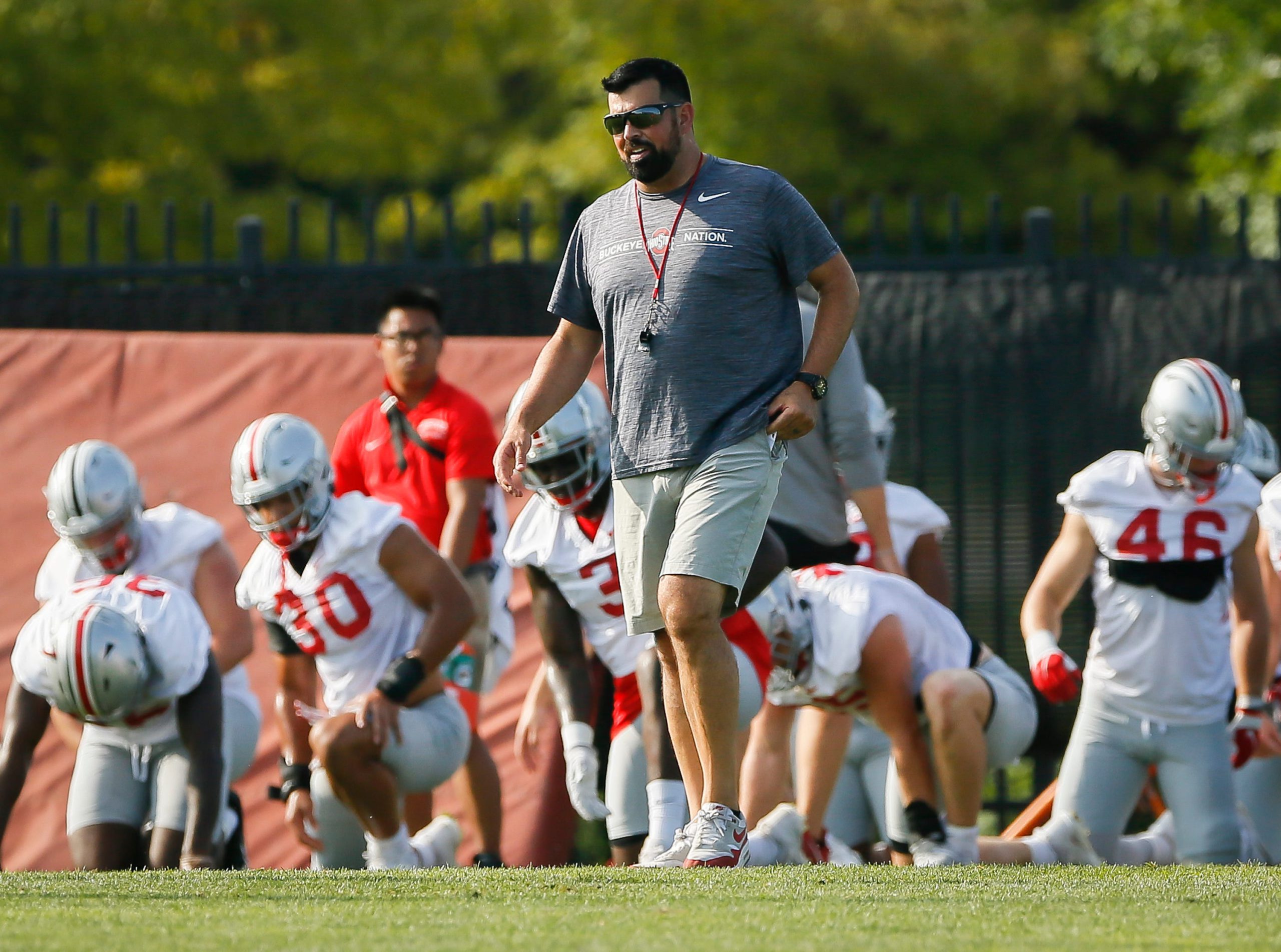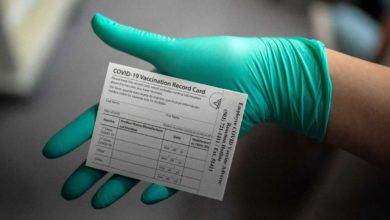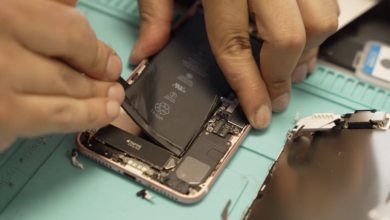

When coronavirus cases kept rising among Ohio State football players in the days before their Thanksgiving weekend trip to Illinois last year, it cost them the game.
Due to the outbreak, the schools called off the contest.
But it failed to crater the Buckeyes’ season. They were not handed a loss. It was declared a no-contest. They remained unbeaten in the conference standings.
A similar situation this fall would see a different result. Under a newly announced policy by the Big Ten, teams are subject to a forfeit if they are unable to play due to COVID-19 issues in the upcoming season.
High vaccination rates throughout the league are expected to guard against potential cancellations. That includes the Buckeyes, who coach Ryan Day says have more than 90% of their players vaccinated against the virus.
Fully vaccinated players are exempt from routine coronavirus testing unless they show symptoms or are exposed to a positive case as part of the athletic department’s protocols. They are also excluded from quarantining through contact tracing.
All Ohio State students are required to have received at least one dose of a vaccine against COVID-19 by Oct. 15 after the university issued a mandate on Tuesday. (There are limited exemptions for medical, religious and personal reasons). The fraction of unvaccinated football players, hovering around 10, should continue to dwindle in the coming weeks.
Ohio State football:Will you need to be vaccinated to attend Ohio State football games in 2021?
How the Buckeyes got vaccinated before the Minnesota game
For now, the Buckeyes will begin their season at Minnesota on Sept. 2 with a roster that is heavily immunized.
It happened with minimal pressure.
Assessing the high percentage of player vaccinations in an interview with The Dispatch, Day said he used tact in approaching them about getting the shot.
“I never pushed it on them,” he said. “I've just educated them, and they have to make their decision. The only thing I said is there's risk with everything you do. There's risk getting it. There's risk not getting it. There's risk testing positive. There's risk not playing. There's all these risks, and so they have to make a decision. I think it just speaks to how serious they're taking their health, but also how serious they take the season.”
The memories of last season loom large enough. Positive tests or contact tracing would prompt players to isolate for more than a week inside a hotel room or elsewhere.
After the Buckeyes’ game at Illinois was canceled, they had nearly two dozen players unavailable for the following week at Michigan State. Day himself was sidelined for the game against the Spartans after testing positive.
It was among the most difficult aspects of going through the pandemic-shortened season of 2020.
“They've been through it before, and I've said to some of those guys who have gone through it, ‘Do you remember what that was like being out for 10 days on the contact tracing?’ ” Day said. “Just sitting in your room. That's not good.”
Despite age group statistics, most Buckeyes are vaccinated
The trend runs counter to those in their age group, a majority of which remain unvaccinated. The CDC vaccine tracker showed that only 46.7% of those ages 18-24 had been fully vaccinated through Tuesday.
Day, who was vaccinated in the spring, said it remains important to find ways to manage COVID-19, which has threatened to become an endemic disease.
The highly contagious delta variant has led to the largest increase in coronavirus cases in Ohio since February despite the availability of vaccines.
“Like the flu, I’m not sure this will ever go away,” Day said.” So finding ways to deal with it is probably what we're going to have to figure out as a society. I know that our country's been a little bit polarized on some of these things, but trying to find ways to bring people together again and move forward and deal with this thing, because from what everything I’ve read, it’s not going anywhere.”
When Day met with The Dispatch on Tuesday morning, it was several hours before the university’s vaccine requirement had been announced.
The issue, including its effect on vaccine holdouts, was unaddressed. It was, though, touched on later by athletic director Gene Smith, who called the mandate “a great thing” and would “really embrace that,” noting the Pfizer-BioNTech shot had received full FDA approval.
“It's proven to be our safest ally — the vaccination — and I want our kids to get vaccinated and be able to compete and not be susceptible to the virus in a long-term way,” he said. “So I'm excited about it, then. Just so glad our president (Kristina M. Johnson) and the Board of Trustees made the move, and we'll see how it goes.”
Dispatch reporter Bill Rabinowitz contributed to this story
@joeyrkaufman
Get more Ohio State news by listening to our podcasts
Source link









